Startups are the lifeblood of innovation in both Germany and Silicon Valley, with regions like Berlin and Palo Alto emerging as global hubs for entrepreneurial activity. One of the key factors contributing to their success is the strategic use of Virtual Stock Option Plans (VSOPs), a tool that incentivizes employees by offering a stake in the company’s future growth. Although the concept of VSOPs is more common in Germany, Silicon Valley offers similar mechanisms to keep employees motivated and aligned with company goals.
The Berlin Startup Scene: A Rising Power
Berlin has firmly established itself as one of Europe’s leading startup ecosystems. The city’s dynamic and diverse entrepreneurial landscape offers a mix of tech, fintech, e-commerce, and sustainability-driven startups, creating a fertile ground for innovation. Much like Silicon Valley, Berlin’s startups face the challenge of attracting and retaining talent in a highly competitive market. To achieve this, many Berlin-based startups use VSOPs as a way to reward employees with a stake in the company’s future without immediately diluting equity.
VSOPs are especially popular in Germany due to the country’s legal framework, which makes it easier to offer virtual equity without the complexities that come with issuing actual shares. These plans provide employees with the promise of a payout based on the future valuation of the company, creating a clear link between their work and the company’s success. In addition, VSOPs help startups offer competitive compensation packages even when they cannot afford to give large salaries, helping them attract top-tier talent from across Europe.
Plug’n Play’s Guidelines and Equivalents in Palo Alto
Across the globe, Palo Alto in Silicon Valley remains a central hub for tech startups, with Plug’n Play playing a critical role in supporting early-stage companies. Plug’n Play encourages startups to implement employee stock option programs, particularly ESOPs (Employee Stock Option Plans) and RSUs (Restricted Stock Units). These plans differ from VSOPs in that they typically involve granting actual stock options to employees. With ESOPs, employees can purchase shares of the company at a set price, and if the company’s valuation increases, they benefit financially.
Plug’n Play provides valuable guidelines to ensure that these stock option plans are structured correctly, fostering employee engagement and aligning their goals with that of the company. These compensation models are fundamental to the startup culture in Palo Alto, where the potential for financial gain — particularly through stock options — can be a significant motivator for employees to help drive company growth.
German Startups Using VSOPs: Leading by Example
As the Berlin startup scene continues to flourish, several well-known German startups have successfully implemented VSOPs to attract top talent. Here are three prominent examples:
- N26 (Fintech): As a mobile-first bank, N26 has disrupted the traditional banking sector, growing rapidly across Europe and globally. The company uses VSOPs as part of its compensation structure to reward employees for their contributions to its growth and to incentivize them to work toward the company’s long-term success.
- Delivery Hero (Food Delivery): One of the most successful German startups, Delivery Hero has grown into a global leader in the online food delivery industry. The company uses stock options and VSOPs to align employee interests with company goals, providing long-term incentives for key personnel to stay with the company and contribute to its success.
- Celonis (Software/AI): Celonis, a leader in process mining and automation software, is another example of a German startup using VSOPs. As the company continues to grow, offering virtual equity ensures that employees feel part of its success and remain motivated to help drive innovation in the highly competitive tech industry.
Learning from LinkedIn: The Power of Stock Options
A perfect example of how stock options can drive success can be seen in LinkedIn’s rise. LinkedIn used stock options to attract top talent, offering them the potential for significant financial gain if the company succeeded. When LinkedIn went public in 2011, many of its early employees reaped the rewards of their stock options, showcasing the power of equity-based incentives in driving company growth.
This story highlights the significant role that tools like VSOPs (in Germany) and ESOPs (in Palo Alto) play in motivating employees to help startups succeed. By offering employees a stake in the company’s future, startups can align their workforce with their long-term goals, fostering innovation and growth.
Conclusion: A Global Framework for Startup Success
Both Germany’s Berlin startup scene and Palo Alto’s Silicon Valley remain at the forefront of innovation, yet they use different structures to incentivize employees. German startups often rely on VSOPs, which provide employees with a promise of future cash payouts based on the company’s valuation, while startups in Silicon Valley typically use ESOPs and RSUs, which offer employees actual equity in the company.
With guidance from accelerators like Plug’n Play in Palo Alto, startups in both regions are able to design effective stock option programs that align employee interests with company goals. As seen with companies like LinkedIn, N26, Delivery Hero, and Celonis, these stock option plans have been instrumental in driving success, providing employees with the motivation to contribute to a company’s long-term growth. Whether through VSOPs or ESOPs, these models have proven to be essential tools for the success of today’s most innovative startups.

